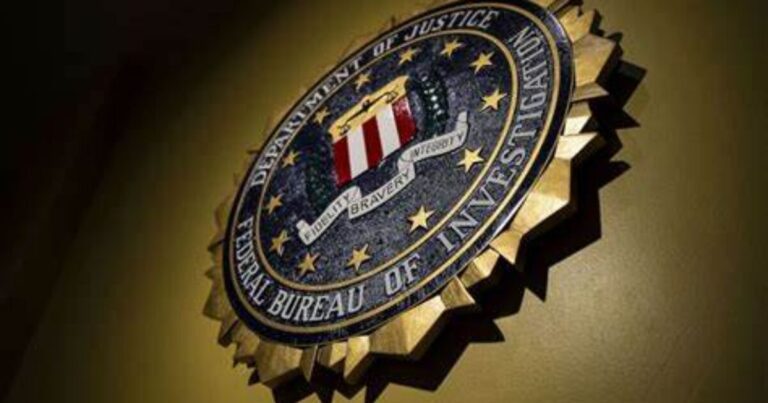FBI Cuts Ties with Southern Poverty Law Center and Anti-Defamation League
The FBI has officially severed ties with the Southern Poverty Law Center (SPLC), a prominent far-left activist group known for labeling conservatives and Christians on its controversial "hate map." FBI Director Kash Patel recently provided insight into this significant decision, sparking discussions about the implications for civil rights activism and law enforcement.
Why Did the FBI Cut Ties with the SPLC?
According to Patel:
“The Southern Poverty Law Center long ago abandoned civil rights work and turned into a partisan smear machine. Their so-called hate map has been used to defame mainstream Americans and even inspired violence.”
Key Highlights
- SPLC’s Controversial "Hate Map": The SPLC’s "hate map" categorizes groups such as Christians and conservatives alongside extremist organizations, like the Ku Klux Klan.
- Impact on Violence: Reports indicate that the map has inspired at least one terrorist attack against a conservative organization.
- No Collaboration: The FBI confirmed it has no ongoing intelligence products or collaboration with the SPLC, emphasizing a clear break from the organization.
This decision is part of a larger reevaluation of partnerships, as the FBI has also ended its relationship with the Anti-Defamation League (ADL).
Ending Ties with the Anti-Defamation League
Patel was also critical of the ADL, expressing:
“James Comey disgraced the FBI by writing ‘love letters’ to the ADL and embedding agents with an extreme group functioning like a terrorist organization. That was not law enforcement; it was activism dressed up as counterterrorism, and it put Americans in danger.”
Key Points on the ADL Decision
- History of Collaboration: The ties to the ADL date back to former FBI Director James Comey’s leadership.
- Patel’s Stance: The current FBI leadership is clear in its intent to disassociate from any policies tied to Comey, reinforcing a new direction for the bureau.
- Future Partnerships: Patel has stated that the FBI will not engage with the ADL moving forward, marking a significant shift in federal law enforcement policy.
Implications for Civil Rights and Law Enforcement
These developments could have notable repercussions for both civil rights activism and how law enforcement interacts with advocacy groups. The SPLC and ADL have long been part of the landscape of organizations engaging in civil rights dialogues, and their differing views on extremism and advocacy will likely continue to stir debate.
Summary of Developments
- FBI and SPLC: Ties severed due to claims of partisanship and misuse of civil rights.
- FBI and ADL: Termination of partnership underlined by concerns over previous leadership practices.
- Future Outlook: The FBI is recalibrating its approach to civil rights organizations in favor of more traditional law enforcement models.
For further reading on this topic, you might explore resources from reputable outlets like Fox News and The Daily Signal.
This move by the FBI highlights a significant shift in the dynamics between law enforcement agencies and civil rights organizations, emphasizing a more cautious approach to partnerships and collaborations.


